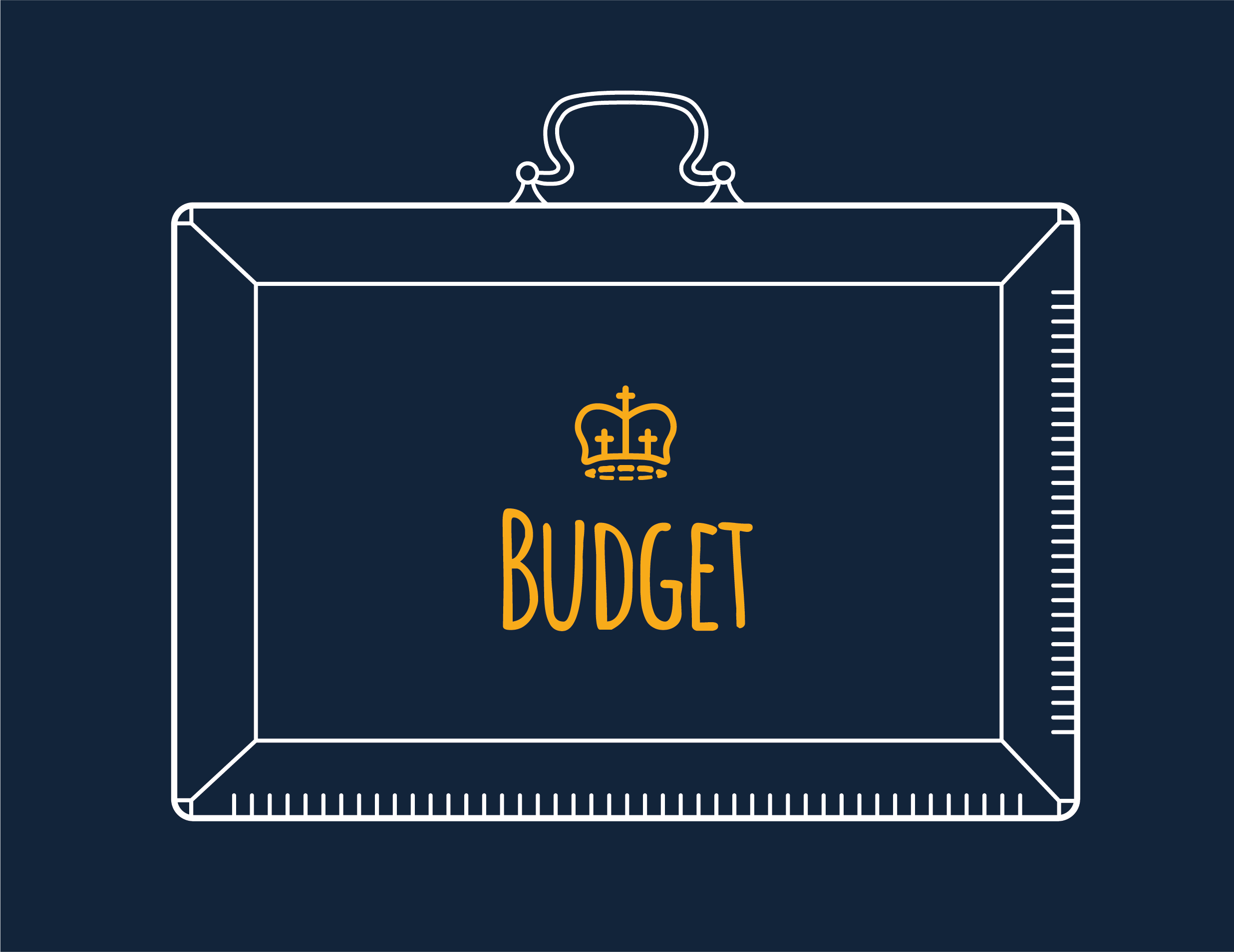
Student loans and the fear of debt are enough to make university goers nervous. However, there are a bunch of myths out there about student loans. Here are 10 things you should know about student loans if you want to banish the fear.
1. You only repay when you earn over £25,000
Stop worrying about how you will repay a student loan if you struggle to find well-paid employment post-graduation. Yes, a degree should open more employment doors, but if it doesn’t, you won’t be stuck with loan repayments.
All students who took out, or are taking out, a student loan after 1st September 2012 in England or Wales (Plan 2) won’t need to pay anything back until they are earning over £25,000. You then only pay back a proportion (9%) of everything you earn which is over that amount.
2. It gets wiped out after 30 years
You’re not saddled with student debt for life. In fact, even if you’ve not paid it all back, then whatever is outstanding is wiped out after 30 years (calculated from the April after graduation).
If you pay it off before then (because you’re a high earner) then it’s gone once you’ve cleared the debt. If you never earn enough to pay it back, then there’s no need to panic.
3. The Government sets the interest rates
Student loans have their interest rates set by the Government. Interest is charged from day 1. However, it’s interesting to note that the interest charged is set in accordance with your income and your study period.
While studying, and until the April post-graduation (or leaving your course), interest rates are set at 3%. It is then 3.1% when you are earning £25,000 or less, which then rises, through a sliding scale up to 6.1% on income more than £45,000.
Again, bear in mind the repayment terms in points 1 and 2 above before panicking about this though. Being charged the interest isn’t equated to being bound to repay it.
4. If you’re employed, you’ll never meet a debt collector looking for student loan repayments
In many ways it is helpful to think of student loan repayments as being more like a graduate tax rather than a debt. This is because, if you are employed, repayments happen automatically through your employer’s payroll. You’ll never see the money in your pay packet meaning you can’t spend it by accident.
Even the self-employed individual will process student loan repayments differently to typical loans. If you are self-employed, you need to declare it on your Self-Assessment tax return.
5. Keep an eye on the end period
It may feel like a very long way off, but keep a particularly careful eye on the last few years of loan repayment. As the loan repayment is deducted from your salary at source, there is a chance of overpayment. The information about outstanding loans only goes from the HMRC back to the Student Loans Company (SLC) annually. Therefore, a couple of years before your 30 years is up (or repayment is near), switch to a direct debit repayment system.
6. Loans aren’t just for undergraduate full-timers
Part time students and post-graduates can also access student loans. However, it’s not quite as straight forward as the full-time undergraduates. Part-timers need to be studying for a minimum of 25% of a full-time course. Then they are eligible for both tuition fee loans and maintenance loans too.
7. You don’t always get what you pay for
The original political concept behind university tuition fees was that there would be market forces at work meaning less respected, or less costly, degrees would cost less. However, in reality, most courses charge fees up to the cap (currently £9,250 for 2018/19 starters).
This doesn’t affect repayment (you’ll still pay back the same amount as it’s based on earnings, you just conceivably could have paid it back sooner). Therefore, ensure you choose a course that you really value.
8. Student loans don’t just cover tuition fees
It’s all very well to know that your tuition fees are covered but you need to eat and have a roof over your head. To further complicate things, some universities and some courses don’t allow term-time working to enable you to support yourself.
However, you can also get maintenance loans which are also paid back in exactly the same way as the tuition fee loan. The amount of maintenance loan you are eligible to varies, with household income being a big factor to what you are entitled to.
9. There are deadlines for applying
You can’t easily rock up the day before you head to university without having sorted out your loans. If you want to ensure you have the maintenance part of your loan in your bank account prior to the start of the autumn term, then you need to adhere to the application deadlines. These are set for the year and differ by country.
If you miss the deadlines, then don’t worry. You can still apply up to 9 months following the start of the course but you won’t necessarily get the money in time for when you need it.
10. Student loans don’t affect credit ratings
In the future you are likely to want to borrow money, most notably for a mortgage. At this time, credit reference checks are carried out to see how reliable you are with repaying. Everyone has a credit score or rating which provides financial institutions with the information they want to know about how high risk you are.
Typically, your credit rating is made up of tracking various transactions over time. However, student loans are not on there. You’ll only have to declare the student loan if you’re asked for it.
Students wanting to find out more about how student loans work, repayment and their eligibility, can find more information from the Student Loans Company.
If you are heading to university this summer, handle your finances with our student budget planner.


